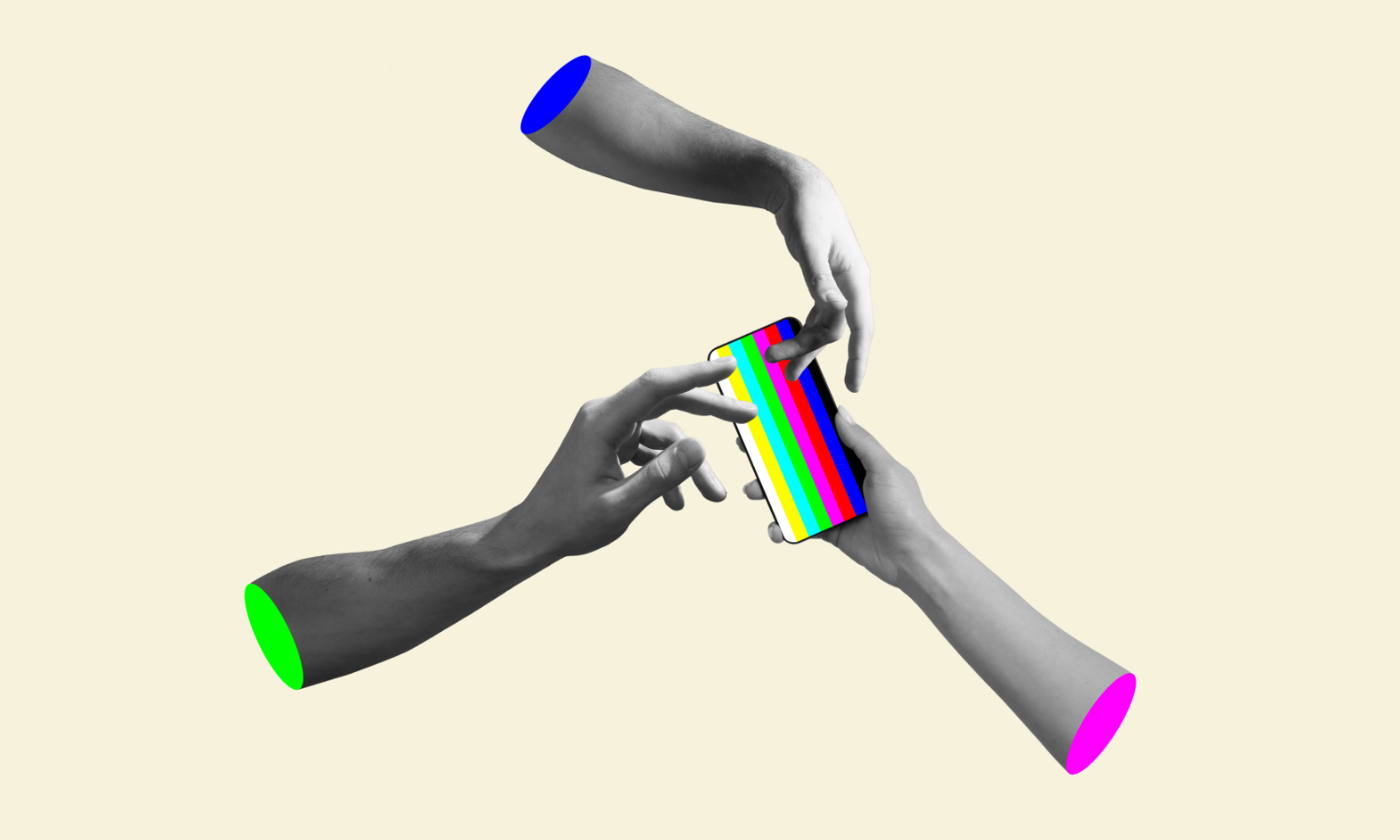It’s worth analyzing the way that Gen Z and Millennials are buying luxury goods. Especially as they grow to become a significant market.
The baby boomer generation and Gen X have long been core targets for marketers in the luxury space. Mainly, because they had already established themselves in their careers and completed the usual phase of financial growing pains that most experience in early adulthood.
Boomers having settled with families, and finding themselves more financially stable, were considered a prime market for buying luxury goods. However, marketers will soon need to consider shifting their focus – figuring out the best way to cater to the younger generations.
The current luxury market size is measured to be $6.71 billion US Dollars in 2022, with the luxury fashion industry making up a large part of it at $2.46 billion US Dollars in 2022.
This number is expected to grow annually by 2.89% with new buyers in the younger generations.
Who Are Gen Z and Millennials?
Gen Z and Millennials may have a lot in common – they both are avid technology users and share similar value systems. However, they also have their fair share of differences.
Millennials are people born between the years 1981 and 1996. They are generally free-thinking and individualistic people who are open to change. They are often stereotyped to be self-indulgent, however this isn’t necessarily true. While they value self care, creating solid savings and being socially responsible are also incredibly important to them.
Marketing expert Pam Danziger predicts in her white paper, “Five Luxe Trends for 2015”, that by the year 2035 millennials will be the largest spending generation in history.
Gen Z or “Zoomers” are people born between the years 1997-2012. They value self-expression, avoid labelling people and have high moral expectations from the companies that serve them. Even though they are true digital natives with a strong desire for better technology, they also want to make the earth a greener planet.
The older members of Gen Z are starting their post-education years along with good-paying careers and possibly even families. The youngest members are only 10 years old.
What Are Gen Z And Millennials Buying In The Luxury Space?
Just over eight out of ten Gen Z consumers and nearly two-thirds of Millennials say they follow luxury brands on social media. And both groups say they’ve purchased a product advertised on these social platforms with YouTube and TikTok being the most popular.
This is why marketing for online shopping has become a major advertising strategy for any business.
These generations are transforming the luxury market, and companies are having to keep up. One of the important considerations is that the reasons they value luxury goods are different than previous generations, so they have different expectations from luxury brands.
“So it’s interesting, Gen Z is definitely willing to spend on luxury, which is different than what you hear a lot of times out in the press. The difference is that Gen Z doesn’t think of luxury as a name brand that they want to slap onto their bag or their shirt and wear as a badge. They’re really looking for unique items that set them apart”
As for Millennials, 70% indicated that they want to spend more on leisure services and products to treat themselves. This is a huge number compared to Baby Boomers because only about 33% of Boomers planned to indulge themselves. This is good news even for boutique retail businesses offering opulent comforts, like local gourmet foods or high-end interior goods.
The oldest Millennials have grown into their peak earning years, meaning they now have the disposable income for high end products and services. This group will grow as the younger Millennials catch up and create a thriving marketplace for businesses, especially luxury e-commerce.
How Can Luxury Businesses Appeal To Gen Z And Millennials?
Now that we know luxury goods will be in high demand, and marketing them to Gen Z and Millennials is worth it, how can luxury brands, whether local or online, appeal to these buyers?
A successful marketing strategy will largely depend on how well you understand the new generation’s needs, desires and shopping behaviour.
Both generations appreciate businesses who put in the effort to connect with them and use ethical business practices. Creating an elevated, authentic brand is a powerful way to attract loyal Gen Z and Millennial followers.
This is important because the marketplace is more informed than it’s ever been. With access to so much information so conveniently, the majority of people are doing their own research. If something seems fishy, these generations will hold businesses accountable.
Another way Gen Z and Millenials are shopping is with buy now, pay later options. About 30% of millennials use BNPL in 2021 just in the US and Gen Z is not far behind with 37% using BNPL.
It’s an affordable way to shop and the clear interest rates and fees make it an attractive option for satisfying their needs. Even luxury brands like Armani and Hugo Boss have begun implementing this strategy into their buying experience.
Are you looking for strategic guidance in reaching the right customers? Contact us to learn more about our marketing strategy and consulting services.

